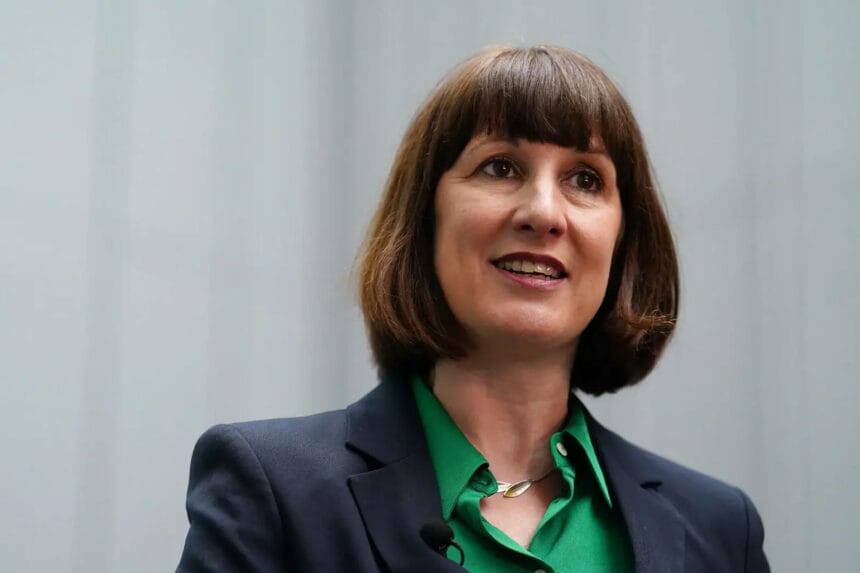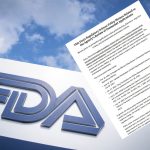London, UK – The UK government has unveiled significant changes in taxation on e-cigarettes, tobacco, and alcohol as part of Chancellor Rachel Reeves’ latest Budget. These changes, which include a new tax on vaping products, higher tobacco duties, and increased levies on certain alcohol products, aim to discourage excessive usage while providing additional revenue to fund vital public services, particularly the NHS.
Starting in October 2026, a £2.20 tax per 10ml of e-cigarette liquid will be implemented, marking the UK’s first dedicated tax on vaping products. Tobacco duty will also increase by £2.20 per 100 cigarettes, with the government’s stated goal of maintaining a financial incentive for smokers to transition to vaping.
To address immediate concerns, Reeves has announced above-inflation tax increases of 2% on traditional tobacco and 10% on hand-rolled tobacco, effective immediately. The Budget further introduces changes in alcohol duties. Starting in February 2025, draught beer duty will be reduced by 1.7%, equivalent to “a penny off a pint” in pubs. However, wine and spirits sold outside of pubs will see a rise aligned with inflation, specifically the Retail Price Index (RPI).
“Two-thirds of alcoholic drinks sold in pubs are served on draught,” said Chancellor Reeves, defending the focus on pub sales. However, the UK Spirits Alliance (UKSA) has criticized the measure, calling it a “kick in the teeth” for thousands of struggling pubs and distillers. Katherine Severi, from the Institute of Alcohol Studies, supported the decision, noting, “This will help narrow the widening gap in affordability between pub and supermarket alcohol,” and highlighting the health and economic benefits of encouraging alcohol consumption in regulated environments like pubs.
In response to the vaping tax, John Dunne, head of the UK Vaping Industry Association, voiced strong opposition, stating, “This is a nonsensical move that penalizes the millions of adults who have successfully quit smoking through vaping.” Dunne emphasized that vaping has helped millions quit traditional cigarettes, potentially saving the NHS millions of pounds in treating smoking-related conditions.
This Budget builds on several prior commitments, including a planned ban on single-use vapes, set to take effect in June 2025, and a ban on cigarette sales to individuals born in or after 2009, an initiative previously introduced by former Prime Minister Rishi Sunak.
Additionally, the government confirmed an increase in the Soft Drinks Industry Levy, known as the sugar tax, as part of its ongoing public health strategy. Milk-based drinks remain exempt from the tax for now, though officials have announced plans to review this exemption.
As the government moves forward with these new measures, the Budget underscores its commitment to balancing public health priorities with fiscal responsibilities. Further consultations and reviews are anticipated as industry representatives, public health advocates, and the general public weigh the impact of these changes.











